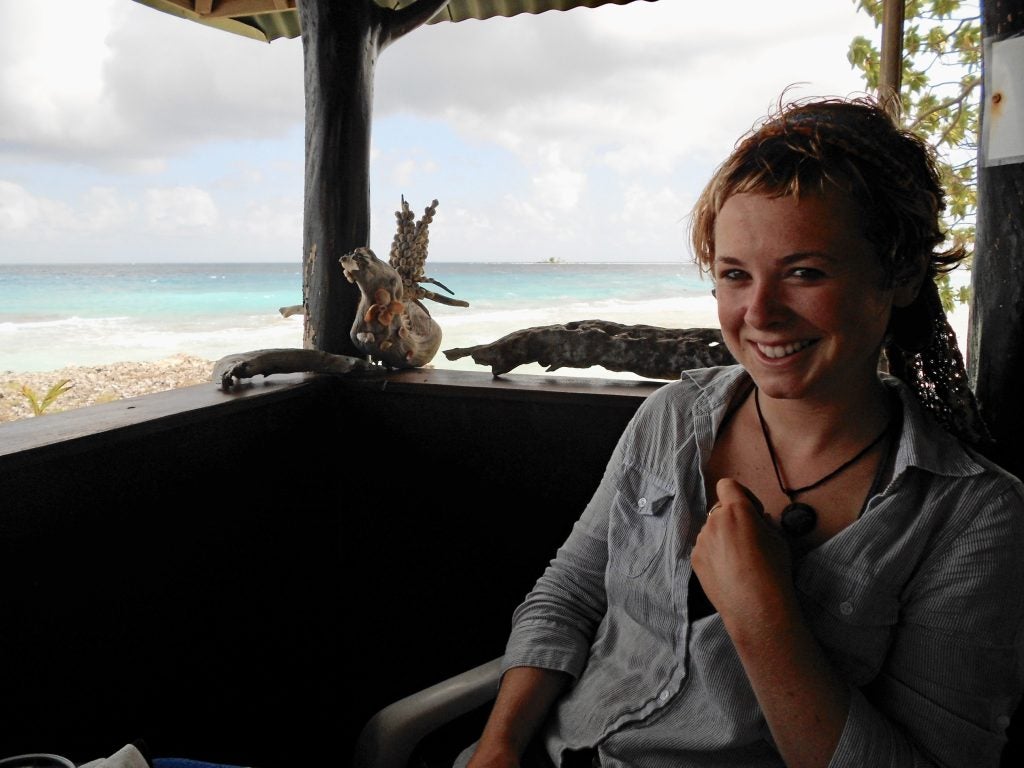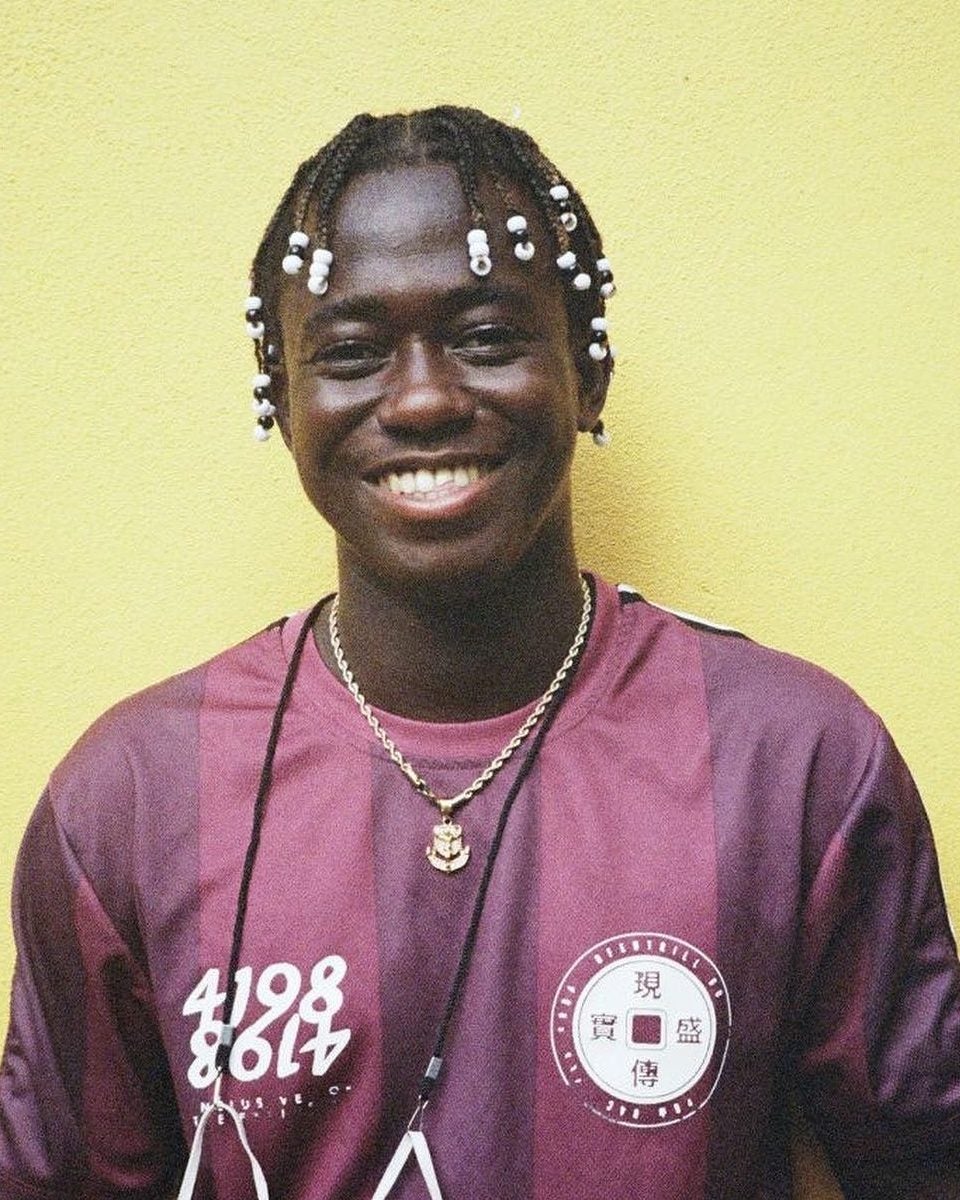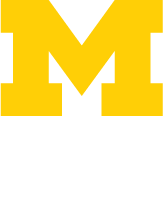By Katrina Munsterman

I am thrilled to finally get started on a social-ecological study aimed to document
ways in which people involved in fisheries in The Bahamas respond to multiple shocks,
namely a category 5 hurricane and the Covid-19 pandemic.
Hurricane Dorian, one of the strongest hurricanes on record in the Atlantic, hit The
Bahamas on September 1, 2019 and caused severe damage to many fishing
communities across the island of Abaco. Some Bahamian communities experienced
wide-spread destruction while others were left untouched. Unlike Dorian, no community
escaped the global Covid-19 pandemic that first arrived in Abaco in March 2020 and
forced strict lockdowns across the country.
This summer, I am conducting interviews with fishers, fish market owners, and fishing
gear suppliers. I am excited to work with a local Bahamian student from the University
of The Bahamas, who will be helping me conduct the interviews in fishing communities
across Abaco.
“Not only will this opportunity give me the chance to expand my knowledge
on the environmental effects pertaining to Hurricane Dorian but will also let
me demonstrate and strengthen my skills that I have gained throughout my
years in university.” — Duran Mitchell, Small Island Sustainability Program ‘22

The ultimate goal of this study is to help to identify strategies necessary to cope with
shocks to coastal communities, and to share those findings with the local and national
government of The Bahamas.
Below is a short video created for the project by local Bahamian, Matt McCoy at
Loggerhead Productions.


